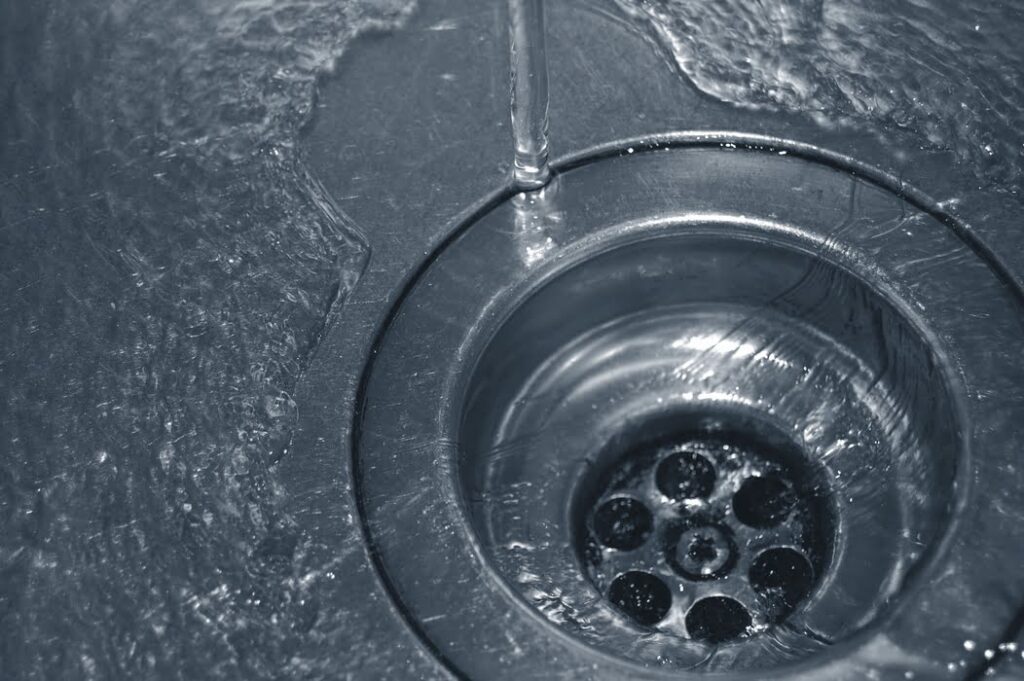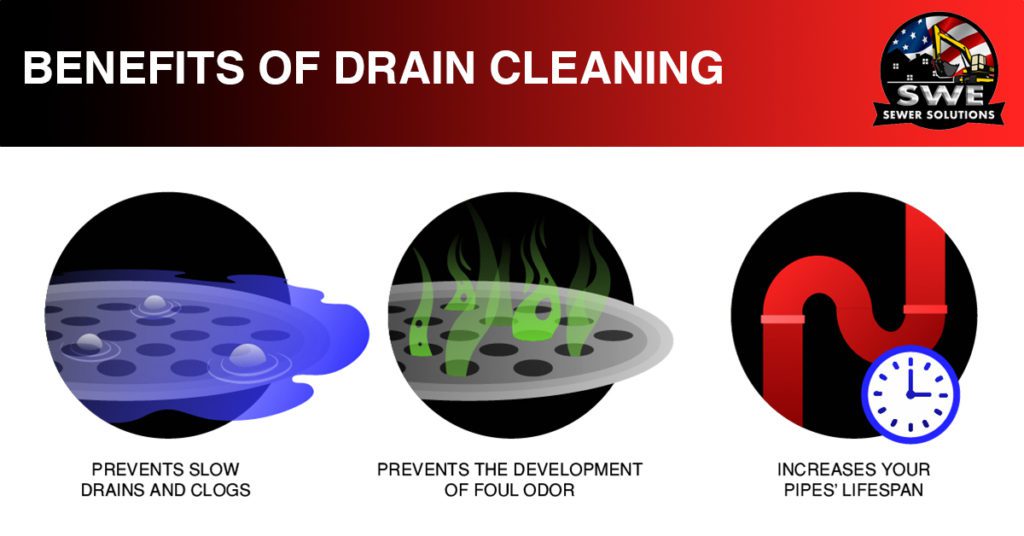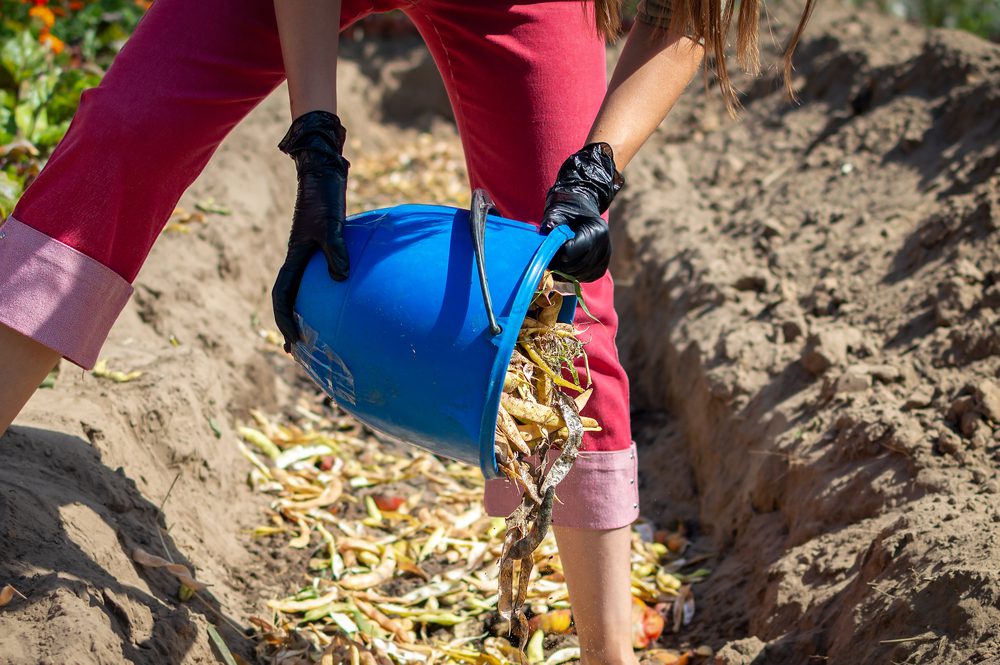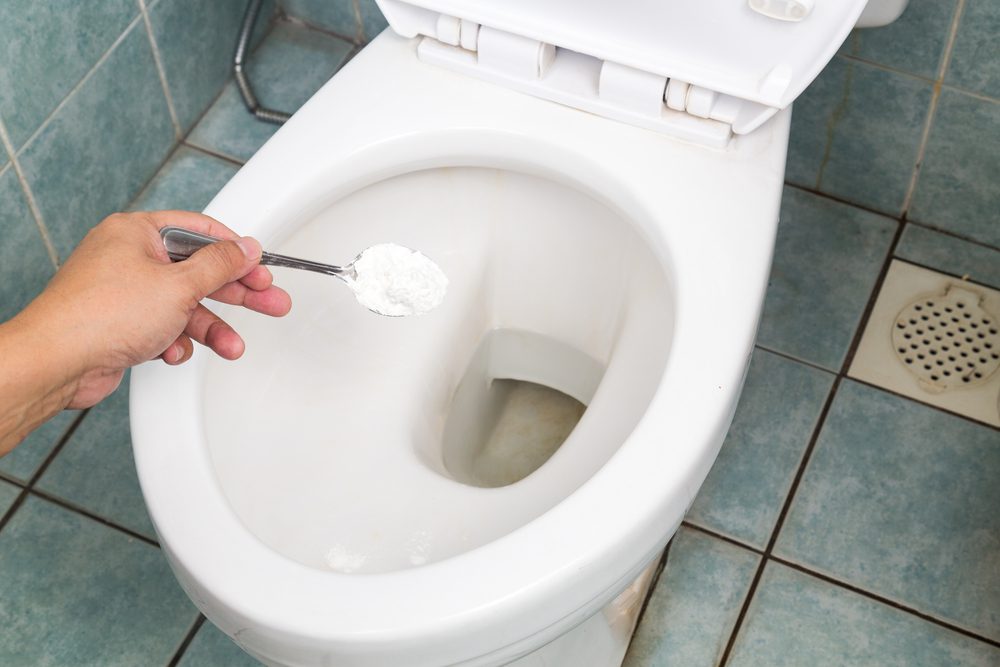Most homeowners rarely think about their home drainage systems unless they have a problem. But why is drain cleaning important?
Giving this vital part of your house a regular professional deep drain cleaning can prevent it from having issues such as blockages or pipe degradation.
Read on to learn more about why it is best to deep clean your drains frequently and how to prevent them from having some of the common drainage problems.
Benefits of Drain Cleaning
Your drains play a significant role in keeping your home in order. When you take a shower, all that dirt, soap, and pieces of your hair go down the bathroom drain. When you do the dishes, all the dirty dishwater with food particles and grease goes down the kitchen sink drain.
If you don’t give these drains the professional deep cleaning they need, the debris may eventually mess up your home’s sewage pipes.
With that being said, let’s look at the benefits of regularly cleaning your drains.

One of the main advantages of cleaning your drains is to avoid clogs. At first, the dirt from your kitchen and bathroom will cause a reduced water flow. That’s when you’ll notice that the water doesn’t go through the drains as quickly as it used to.
When left unattended, this waste may turn into full-blown blockages, leading to overflows and eventually floods in your home.
Let’s look at some of the common causes of kitchen and bathroom clogs in detail.
Food
Food particles mainly cause kitchen sink drain blockages. Typically most sinks have a P- or J-trap that sieve out larger waste such as bits of food from flowing down the rest of the drain. Over time, the pieces of food may accumulate and form a clog.
Hair
Little bits of hair that come out while you’re in the shower can build up over time, leading to blockage. Apart from getting an expert to clean your bathroom drain occasionally, getting a sink guard to avoid pieces of hair from going down the pipes is recommended.
Oil and Grease
When poured down the drain, leftover fat and grease can form a sticky substance that traps other food particles, causing a blockage. Grease is quite a challenging substance to clean out; that is why it is advisable not to pour it down your kitchen sink drain.
Prevents the Development of Foul Odor
The waste build-up in your drains may cause them to begin producing a foul odor. Bad smells may negatively affect your home’s indoor air quality, causing some serious health issues over time.
Increases Your Pipes’ Lifespan
All the dirt that doesn’t go down your drainage pipes accumulates and may cause damage. Repairing or replacing damaged pipes can cost a pretty penny. Cleaning your drains frequently can save you from a lot of trouble

Say Goodbye to Noisy Pipes
The collection of debris in the drainage pipes can prevent wastewater from flowing smoothly. These disruptions produce annoying noises that may be heard in nearby rooms.
Taking care of these drains allows the dirty water to flow easily, which means no more noisy pipes.
How Often Should Drain Cleaning Be Done?
You should clean your drains at least once a year, and you should do so even when there’s no apparent issue with them.
This will prevent regular clogs from developing into more serious blockages that can wreak havoc in your home’s drainage systems.
Read more about – How Does Hydro Jetting Work?
How to Prevent Drainage Problems
In addition to professional cleaning, you need to take certain measures to keep your drains in good shape.
Create a Compost Pit
Having a compost spot is an excellent way to kill several birds with a single stone in this case.
For starters, composting helps boost the lifespan of your drainage pipes and kitchen garbage disposal. Constantly throwing food particles, vegetable and fruit waste down the drain may overwork your garbage disposal. And once it becomes faulty, this waste will create an obstruction in the gutter, leading to reduced wastewater flow and eventually severe blockages.
If you are a gardening enthusiast, creating a compost pit helps you have plenty of natural manure that will enrich your soil with many nutrients.
Be Careful About What You Flush Down the Toilet
Most people assume that you can flush pretty much anything down the toilet, but doing so may cause your bathroom drainage system to develop problems more often.
So it is essential to be careful with what you flush down the drain. Even items such as disinfectant wipes, facial tissues, and large quantities of tissues washed down simultaneously can cause clogs.
What’s more, it’s also vital to warn your kids not to flush down anything out of curiosity. Otherwise, you will have to deal with a clogged, smelly toilet.


Avoid Using Bar Soaps
Bar soaps aren’t the leading cause of drainage problems in your home, but switching to liquid soap may make a significant difference.
Bar soaps eventually break into tiny pieces as you continue using them. When these soap bits go down the drain, they tend to stick on the walls of drainage pipes. Other waste materials may also stick onto the soap, preventing wastewater from flowing naturally, which leads to blockages.
Bathe Your Pet Outside
Pieces of your hair can cause your shower or bathtub drain to clog over time. Well, imagine what huge chunks of dog fur can do. When you wash your pup in the bathtub, the many bits of their hair go down the drain to create some kind of net that traps other debris.
The accumulation of this dirt and the chunks of your puppy’s fur may cause a serious clog. What’s more, dog fur is thicker than human hair, so it is more likely to cause serious problems in your drain.
That is why it is advisable to wash your furry pal outside to avoid the risk of your bathtub drainage system developing clogs.
Use a Water Softener
Believe it or not, hard water (that is, water with a higher percentage of minerals like calcium) is also a huge cause of drainage problems in homes across the US.
Hard water corrodes the walls of your drainage pipes, causing defects such as leaks. The minerals present in the water may also react with the bar soap pieces that get washed down the drain. This creates a chalky, sticky substance called scum.
This residue slowly piles up on the walls of the kitchen sink and bathroom drainage pipes, preventing wastewater and other debris from flowing down the drain smoothly.
A water softener contains potassium chloride or salt that filters out the properties that form soap scum or scale layers that corrode these pipes.
Clear Out Your Drains Regularly
One way to clean your drain yourself is by using hot water. Pouring it down your bathroom and kitchen sink drains melts the scummy and grease build-up that collects in pipes. But, don’t use boiling water as the heat may damage the drainage system.
You can also pour approximately half a cup of baking soda down the drains, follow up with about half a cup of apple cider vinegar, and then pour some hot water. Doing this every two to four months will help clear out all the residue build-up in your pipes.
Conclusion
